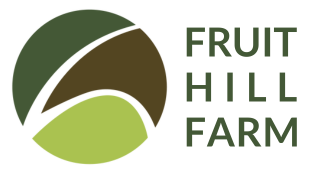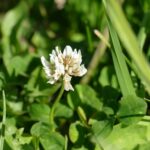We use cookies to make your experience better. To comply with the new e-Privacy directive, we need to ask for your consent to set the cookies. Learn more.
Seeds for Grassland, Forage and Soil Fertility
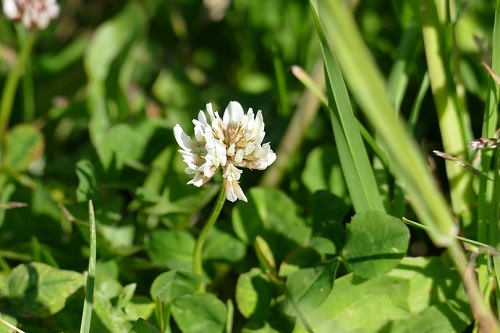
Research is confirming that a diverse mix of grasses, legumes and other plants improves pasture and grassland for soil health, animal health and for wildlife.
The Organic Research Centre in the UK has published a summary of results from a recent study that clearly shows the benefits of incorporating more than two species of legumes to help build soil fertility: Legumes: building soil fertility (pdf file)
They also found that including different grasses in the mix helped:
"There are benefits from the inclusion of grass species in the mix, whether for forage production or fertility-building. The grass takes up the N fixed by the legumes and reduces the free N in the soil, the legume rhizobia respond to the low soil N levels and fix more N, resulting in higher overall N fixation and hence greater biomass. In addition the grass raises the C:N ratio, prolonging the release of N to subsequent crops."
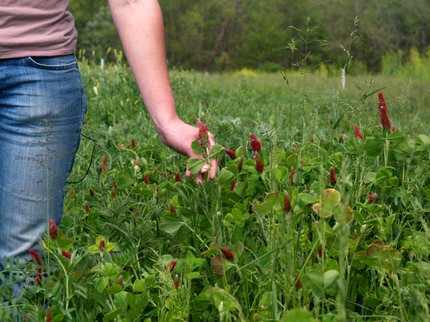
Organic Pasture Mixes
Fruit Hill Farm provides a range of approved organic grassland mixes which are formulated for low input systems. Straight varieties are also available to tweak mixes or for particular uses such as cover cropping.
- Permanent pasture mixes for all soil types include a variety of Clovers, Ryegrasses, Meadow Fescue, Timothy, Cocksfoot and Smooth Meadowgrass and more.
- Clover rich silage leys with diploid and tetraploid Red Clover, Westerwolds Ryegrass, Italian Ryegrass, Alsike Clover, White Clover, Egyptian Clover and Crimson Clover.
- Horse, Sheep and Poultry pasture mixes with or without Clovers, Ryegrass, Meadow Fescue and many specifically suitable species.
Advantages of variety rich pastures include -
- Greater productivity during summer in dry spells.
- General better resilience in extreme conditions.
- Able to produce well with lower inputs.
- Improved animal health due to higher mineral content in grass mix.
- Improved resistance to insect attack and weed invasion.
- Mixed pasture swards with high levels of legumes (e.g. white and red clover and lucerne) can boost productivity due to the nitrogen fixation and offer high feed quality.
- Adding herbs (e.g. chicory and plantain) can further add to productivity due to the variety of minerals they can make available to the grazing animal. Chicory is high in zinc, potassium and calcium while Plantain is high in magnesium and calcium which can improve stock health significantly.
Variety rich pastures create great benefits above ground but it is equally as important to take note of the benefits in the soil as well.
Such benefits include -
- Increased soil health and a greater diversity in the number of different soil microbes.
- By increasing the microbe diversity and complexity we build humus more quickly and at greater depths due to the mixed rooting depth.
- Deep tap rooted varieties such as chicory, lucerne, plantain and red clover can push down through the deeper layers of the soil, opening it up and adding organic matter further down the profile. (In contrast, ryegrass/clover based pastures have most of their root mass in the upper 150 mm of the soil).
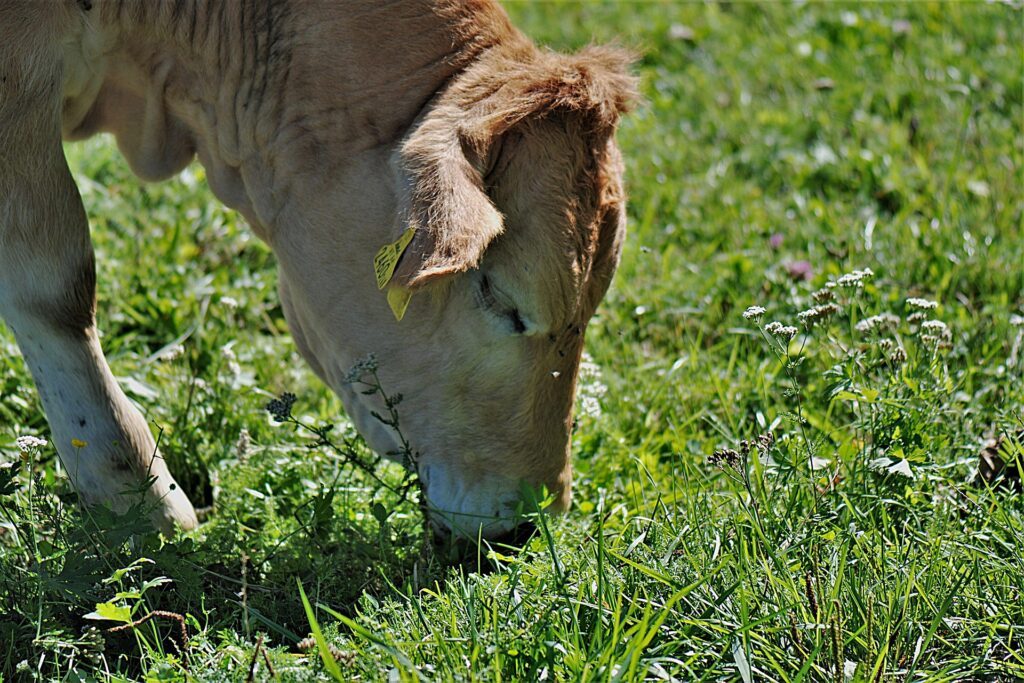
Having a variety of pasture species encourages a range of soil organisms in the soil. When dead plant material is added to the soil, either on the surface or as roots under the surface, a complex chain of events occurs which has considerable effects on the properties and fertility of the soil.
Together, the different groups of organisms shred the material into increasingly smaller fragments, digest it and excrete products that can be used as food for other organisms. Eventually some of the compounds formed in this process are resistant to further breakdown and form humus.
Humus has many benefits such as increased holding capacity for water and nutrients and improved soil structure. Humus holds its own weight in water and an increase of 1% of organic matter confers 170,000L of extra water storage per hectare.
Organic Forage Crops
Forage crops are gaining popularity as an alternative to expensive meals. Some of our Cover Crops are suitable for forage, for example Rye, Peas, Vetches and Westerwolds Ryegrass.
We also supply Kale, Rape and Stubble Turnips. If not available as organic we source untreated conventional seed. Please contact us for more details.
Forage Crop varieties:
- Kale 'Gruener Angeliter' and Coleor: High productivity of organic matter, excellent winter feeding.
- Winter Fodder Rape 'Fontan' or 'Interval' : strong yield for silage or pasture. High leaf for good forage uptake and low pasture residue.
- Landsberger Mix : High fresh and dry matter, good feed value and strong root structure.
- Grazing Rye, Cereal Rye and Triticale : very hardy winter cereals.
- Japanese Black Oats : winter annual crop, excellent feed, competitive weed suppressant.
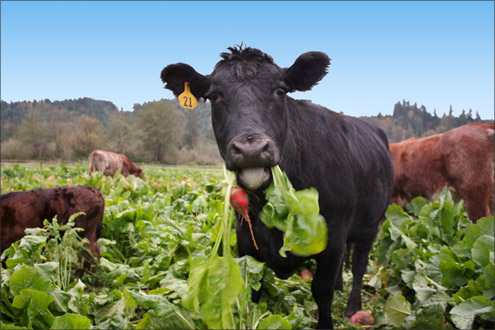
Cover Crops / Green Manures
Green Manures or Cover Crops are grown to benefit the soil by adding organic matter and nitrogen. They improve soil structure, prevent nutrient leaching and erosion, and reduce weed, pest and disease problems.
Green manure crops should be integrated into the crop rotation and proper attention paid to their cultivation.
Green Manure Options:
- Summer Crops : large range of clovers (Red, Alsike, White, Crimson, Egyptian), Lupin, Vetch, Buckwheat, Mustard, Sunflower, Fodder Radish, Phacelia.
- Special Fertility Building and Bee Meadow mixes with diverse seed range.
- Winter Crops: Rye, Winter Vetch, Landsberger Mix, Phacelia
- Short Term Leys : Italian Rye Grass and Red Clover can be left in for two or more years.
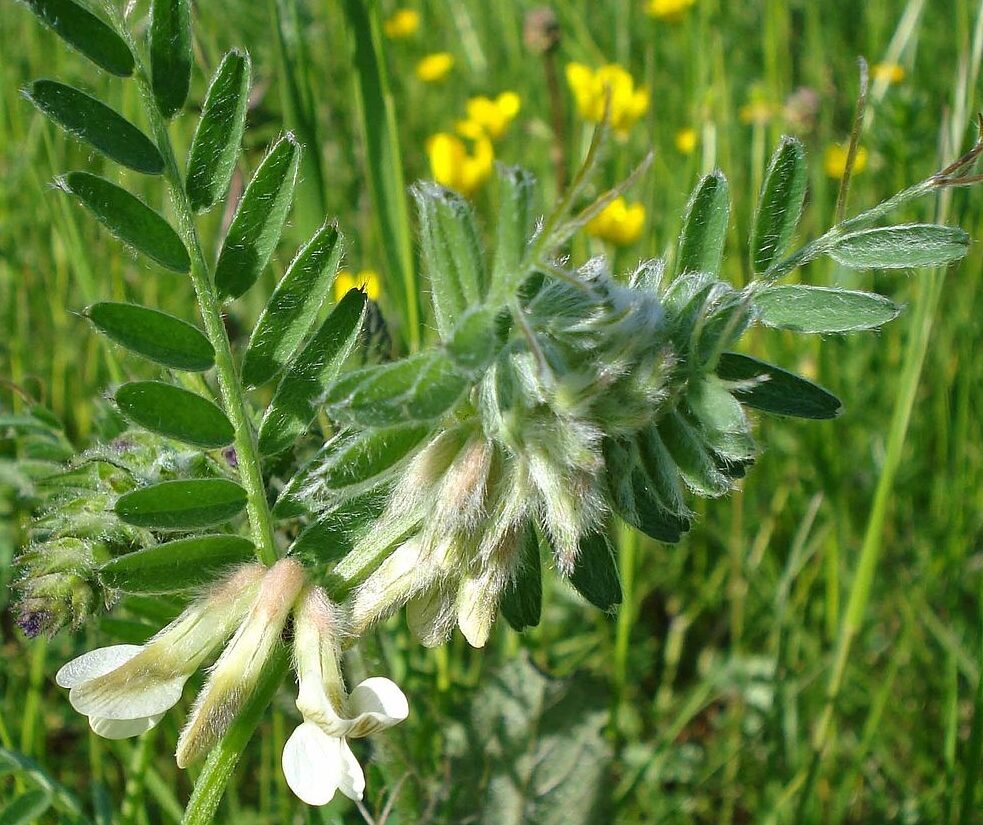
Get your Soil Tested
Taking soil samples and getting your soil tested is essential to find out how best to improve your soil fertility. Correct nutrient application will help to maximise yield.
Sending your soil off for analysis at a laboratory will cost around €30 for a basic analysis of pH, P and K levels. We have a guide on how to take a soil sample. You send the prepared sample off for a test to a laboratory (a web search will help you find one). Fruit Hill Farm is happy to offer interpretation of your test results and to recommend what is needed to help your crops perform as well as they can.
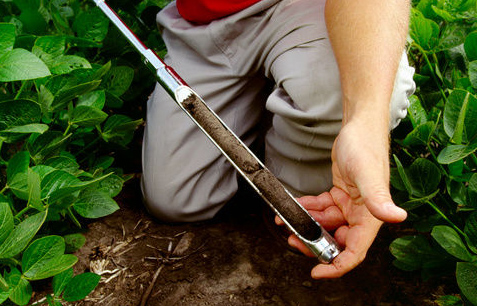
Until the 29th of May 2023 farmers can apply to take part in the Multispecies Sward Scheme or the Red Clover Silage Measure. Fruit Hill Farm has a mix suitable for each scheme that is approved by the department and is approved for use in organic farming.
Give us a call on 027 50710 to discuss your requirements.
